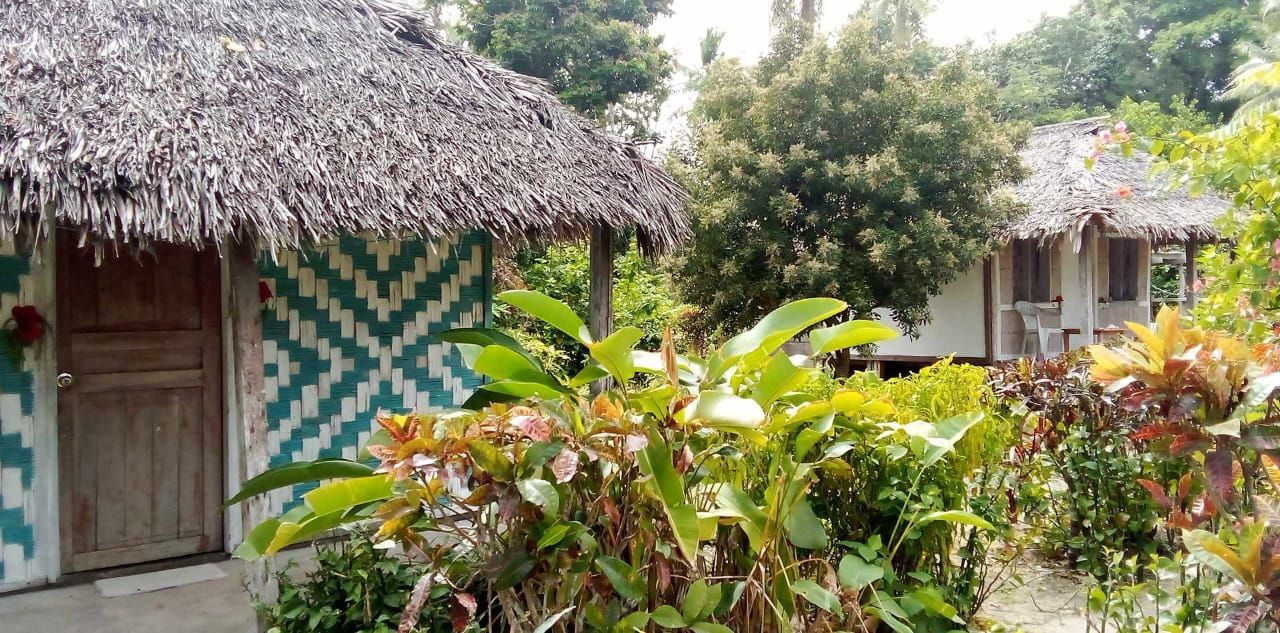Leasehold Land vs. Freehold Land: Exploring the Advantages
Leasehold Land vs. Freehold Land: Exploring the Advantages
When it comes to property ownership, one of the fundamental decisions buyers face is choosing between leasehold and freehold properties. Both options come with their unique advantages and considerations. Understanding these differences can help you make an informed decision that aligns with your long-term goals. In this blog, we'll explore the key advantages of leasehold land compared to freehold land.
What is Leasehold and Freehold?
- Freehold Property: Ownership of both the building and the land it stands on for an indefinite period. The owner has full rights over the property and land.
- **Leasehold Property:** Ownership of the building and the right to use the land for a fixed term, typically ranging from 99 to 999 years. Once the lease expires, ownership then reverts to the freeholder being the custom owner who has to buy the land back from your at the market value unless renewed by you as the lease holder .
Advantages of Leasehold Land
1. Lower Purchase Price
Leasehold properties generally come at a lower initial cost compared to freehold properties. This makes them an attractive option for first-time buyers or investors looking for affordable entry into the property market.
2. Reduced Maintenance Responsibilities
In many leasehold arrangements, especially in apartments or managed communities, the freeholder or management company takes care of external maintenance, repairs, and amenities. This can reduce your responsibilities and associated costs.
3. Ideal for Investment and Rental Purposes
Leasehold properties, particularly apartments in managed complexes, often come with regulations and amenities that attract tenants. The consistent management can make rental income more predictable and easier to maintain.
4. Potential for Development and Redevelopment
In some cases, leasehold properties can be repurposed or redeveloped during the lease term, especially if the lease is long enough. This can offer opportunities for renovation or conversion that add value.
5. Less Land Ownership Concerns
For those who prefer to focus on property use rather than land ownership, leasehold offers a way to access property without the responsibilities of owning land outright.
Additional Considerations
While leasehold properties have distinct advantages, it’s important to be aware of factors such as lease renewal terms, ground rent obligations, and the impact of lease expiry. Ensuring the lease has a sufficiently long remaining term and favorable renewal terms can mitigate potential issues.
Conclusion
Choosing between leasehold and freehold land depends on your financial situation, long-term plans, and preferences. Leasehold properties offer benefits like lower upfront costs, reduced maintenance responsibilities, and investment flexibility, making them a viable option for many buyers.
Before making a decision, thoroughly review the lease agreement, understand the terms related to renewal and ground rent, and consider consulting with a property professional to ensure your investment aligns with your goals. Both leasehold and freehold have their place in the property market—understanding their advantages helps you choose the best fit for your needs.
Want to learn more about property ownership options? Contact our experts today for personalized advice!











